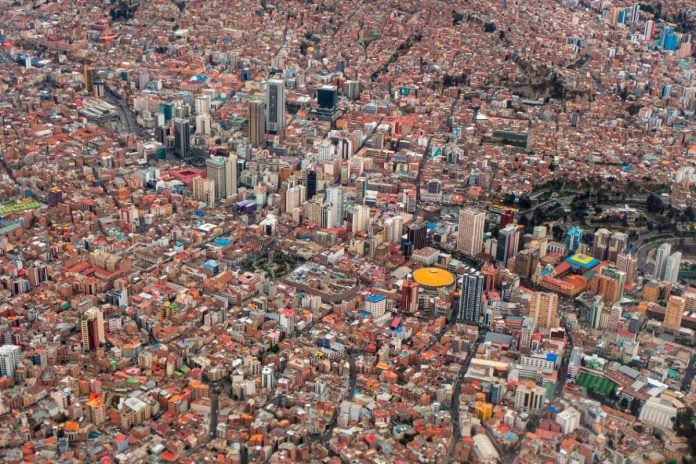LA PAZ: Bolivians will select between two rightwing figures in Sunday’s presidential elections, concluding two decades of socialist governance that has left the South American nation in severe economic distress.
Struggle-weary voters firmly rejected the Movement Toward Socialism party founded by former president Evo Morales during the first electoral round in August.
Sunday’s runoff will determine whether Senator Rodrigo Paz or former president Jorge Quiroga leads the country forward.
This election marks the end of an economic experiment that began with prosperity from Morales’s oil and gas nationalisations but culminated in critical fuel and foreign currency shortages under incumbent Luis Arce.
The lithium-rich nation of 11.3 million people faces its worst economic crisis in forty years, with long queues common at gas stations and stores selling subsidised rice and oil.
“There is desperation; most people live day to day,“ said Pamela Roque, a 29-year-old surgical technician considering emigration due to job scarcity.
Under Morales, Bolivia achieved South America’s fastest economic growth while dramatically reducing poverty and unemployment through hydrocarbon revenue.
Insufficient sector investment under Morales’s ally-turned-rival Luis Arce caused oil production to plummet and nearly depleted dollar reserves sustaining universal fuel subsidies.
Arce will leave office on November 8 after serving a single presidential term from 2020 without seeking reelection.
Quiroga holds a narrow lead with 44.9% voter intention compared to Paz’s 36.5% support according to an Ipsos-Ciesmori survey.
The winner inherits an economy in recession according to World Bank assessments and faces significant challenges.
“With either of the two, if quick solutions are not provided, the social cost and the risk of protests will be high,“ political scientist Ana Lucia Velasco told AFP.
Quiroga proposes a $12 billion economic injection through international loans and bolstering foreign investment.
Paz advocates balancing the budget before acquiring additional loans despite Bolivia’s external debt approaching one-third of GDP.
Both candidates propose maintaining fuel subsidies solely for public transportation and vulnerable sectors while preserving social programs.
Velasco argues that maintaining subsidies while stabilising the economy represents an impossible combination.
“People have their hopes pinned on electoral promises that are very difficult, perhaps impossible, to fulfill,“ she told AFP.
Bolivian voter Jorge Serrano expressed distrust toward both candidates while highlighting pension inadequacy.
Morales remains influential among Indigenous voters despite constitutional term limits and faces human trafficking allegations he denies.
“Together with the people we will take the fight to the streets,“ Morales vowed regarding potential rightwing victory. – AFP








